Description
“Aurangzeb protected more temples than he demolished.” Did he really? Were Aurangzeb’s acts of temple demolition only of political in nature as trumpeted by a set of historians or due to his strong religious prejudice? It is often said that a journey of thousand miles start with a single step, the same can be said about this book, as the concept of writing took root after reading the above quote. As the author tried to dig deeper to find the answers of some critical questions like; Was Hindu support to Dara and Aurangzeb really equal? Was the percentage improvement for Hindu nobles really represent constructive expansion of Mughal Empire or does it signify decline and decay? Did Aurangzeb really have ‘no religious litmus test’ for his employment? Who were the ‘prized Hindu nobles’ of Mughal Empire and what actually happened with them during Aurangzeb’s reign? Did Aurangzeb really remitted eighty taxes on population as claimed by historians? Why Aurangzeb was so concerned with a highway robbery that he demoted Prince Azam in his rank? Why it was necessary to hide the connection between Sheikh Sarhindi’s and Aurangzeb for some historians? Was Aurangzeb really so benevolent to donate land to a Hindu Gosain near a mosque? Or to issue sanads at Shatunjaya to Jain Temples? What Aurangzeb really was; a ‘Conqueror of Deccan’ or ‘Loser of an empire’? Was Mughal-Rajput or Mughal-Maratha conflict shaped only by craving of raw power as some modern interpreters try to project? Why it is essential to deconstruct this myth? What was the impact of the quote “Sultanate of Delhi has become a child’s game” in shaping today’s Indian subcontinent? Did EEIC really capture India from Mughals or from indigenous kingdoms? So; it’s time to start a journey through the pages of the history to know answers for these intriguing questions. From folio’s of Mughal akhbars to the books written by contemporary chroniclers; from the letters sent to their superiors sitting in London, Paris, Amsterdam by European merchants & personal diaries of company officials to travelogues of freebooters and adventurers, from the official chronicles of indigenous powers like Rajputs & Marathas to yet unexplored Turkish archives, this book will take you to those stormy years which changed the course of history and helped shape today’s India. Backed by a meticulous research with primary and secondary sources, epigraphical evidence, temple destruction records, forced conversion details, deliberate place name changes; this book will try to critically examine the life of Aurangzeb and the white-washing initiated by modern interpreters; trying to pass him off as a ‘Justice loving’, ‘Benevolent’, ‘Tolerant’, ‘Secular’ and hence allegedly most misunderstood king (sic) of India.
about the author
Born in Pune & now residing in Mumbai, Saurabh was interested in history of Maratha Empire from a very young age. This curiosity led to early introduction to a vast reading horizon, since then he was drawn to stories which were related to rich history of Indian civilization. On a professional front, after obtaining Masters in Supply chain and Saurabh started working with some of the top Indian companies for with a career over a dozen years. But when the reading developed as passion, he ultimately decided to take the next step, to narrate a tale from history. In ‘Aurangzeb- Whitewashing Tyrant, Distorting Narrative’, some very critical questions are handled with the basic premise, that facts are just facts and don’t or rather shouldn’t be changed as per whims and fancies of the interpreter. This book pose a challenge to the narrative which is getting pedalled today-a whitewashed version of a tyrant and tries to peel off the layers of distortion, mistranslations and haphazard interpretations. The debut book has been written, after over two years of painstaking research and going through thousands of pages. This book will take you to those stormy years which changed the course of history and helped shape today’s India.



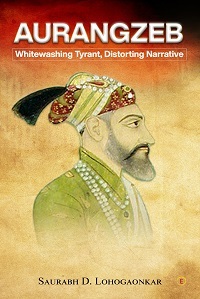
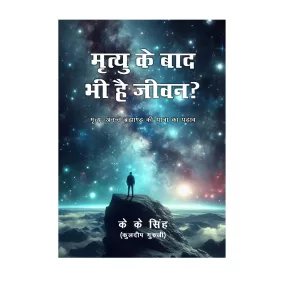
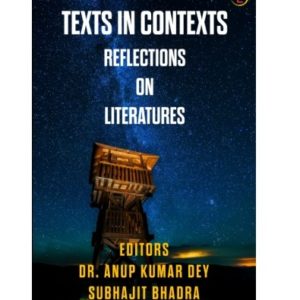
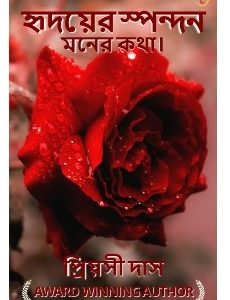
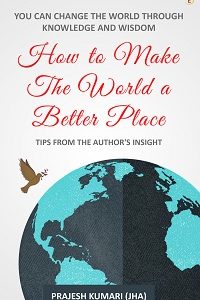
Reviews
There are no reviews yet.